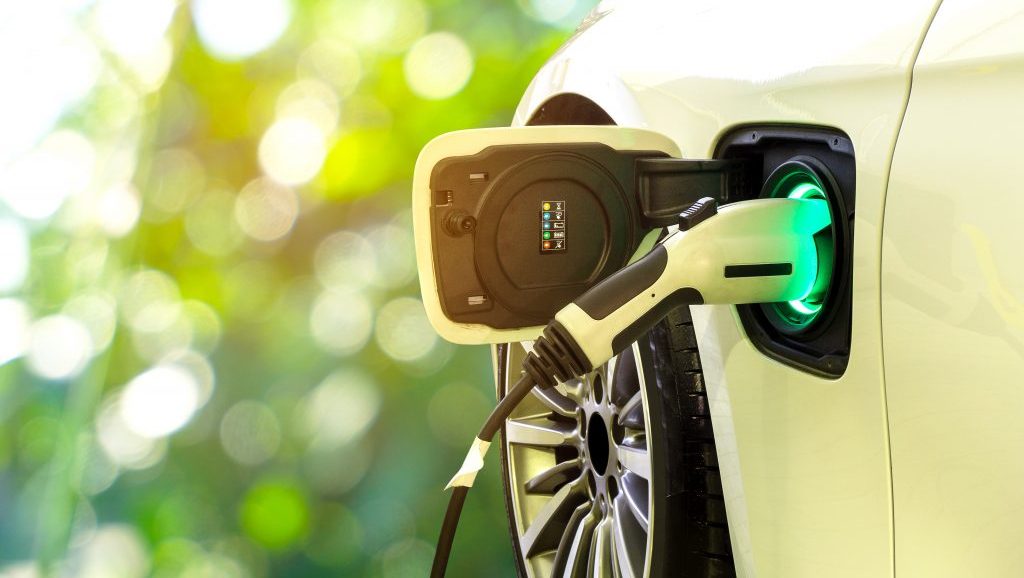It seems like a straightforward job to install electric vehicle (EV) charging stations, but as Toronto-based EVdirect has discovered, serving the industry requires both technical skill and an ability to predict how charging systems will be used months and even years from now.
Founded 25 years ago, the company currently serves two markets. As LEDdirect, it installs commercial LED lighting systems. EVdirect was launched two years ago.
“You can sell and install charging units,” says Manny Alter, director of business development with EVdirect. “But it takes a lot more to consult with clients to deploy EV infrastructure to their best advantage.”
EV charging systems come in three levels: Level 1, 120-volt chargers can charge a vehicle in 30 to 40 hours; Level 2, 240-volt chargers can charge a battery in four to six hours; and the more expensive Level 3 fast chargers can charge a battery in about 30 minutes.
While the company installs home, commercial and retail EV chargers, condominium buildings are its largest market. Not only are residents demanding the service, but changes to the Ontario Condominium Act, which came into force in 2018, require condominium corporations to respond to owner EV requests within 60 days. Those requests can only be rejected under specific circumstances. However, providing that service requires the corporation to address a series of questions about the type of system to be installed, who pays for installation and how the corporation can track usage and bill residents appropriately.
Condominiums can choose several options, from making owners buy their own charging systems, to offering pay-as-you-go stations or providing charging systems for each user’s parking spot. Each presents unique challenges, from difficulties in billing, to policing the use of stations shared between residents. Power limitations, even for typical Level 2 chargers, also represent a challenge.
“If we do a load assessment and see that the condo building can supply enough capacity for 30 chargers, then they’re out of luck with the 31st applicant,” says Alter. “They would have to upgrade service to the building, which could cost hundreds of thousands of dollars.”
In response, many condominiums are selecting networked multi-user charging stations, which distribute charging capacity across several EV chargers, share capital costs among users and monitor the power usage of each station using Wi-Fi.
EVdirect’s approach involves manufacturing its own “smart panel” that intelligently distributes power and records power usage directly from each station. The distribution system provides power to each space, but owners are responsible for buying, installing and maintaining their own charging units.
“The condominium corporation doesn’t tell you which toaster oven to buy, and in the same way the charging unit becomes the choice of the individual user,” says Alter.
Whichever solution they select, Alter notes that condo corporations need to think ahead when they respond to the first request for an EV charging station.
“I think of it in terms of soda,” he says. “If three customers want to buy a can of pop, you might be reluctant to buy a case of 24, so you look to buy a six-pack. In EV, there is no six-pack. Once you supply three cans of pop, it makes sense to supply 24.”
The contractor uses its own crew to handle projects across Ontario and works through partners in Quebec and British Columbia where EV adoption is greater. A large condominium installation typically takes up to three weeks.
While most of EVdirect’s work has involved retrofit installations, new requirements under the Toronto Green Standard now specify that new developments enable EV charging at 20 per cent of new parking spots. Other developers are anticipating a growing market demand for EV chargers — and looking to profit by upselling condo buyers on EV-enabled parking spaces.
“I believe people will see EV stations the same way they see appliances like a refrigerator or a dishwasher,” Alter says. “If your new condo building doesn’t offer EV charging stations, buyers will look a block further and buy one that does.”











Recent Comments
comments for this post are closed